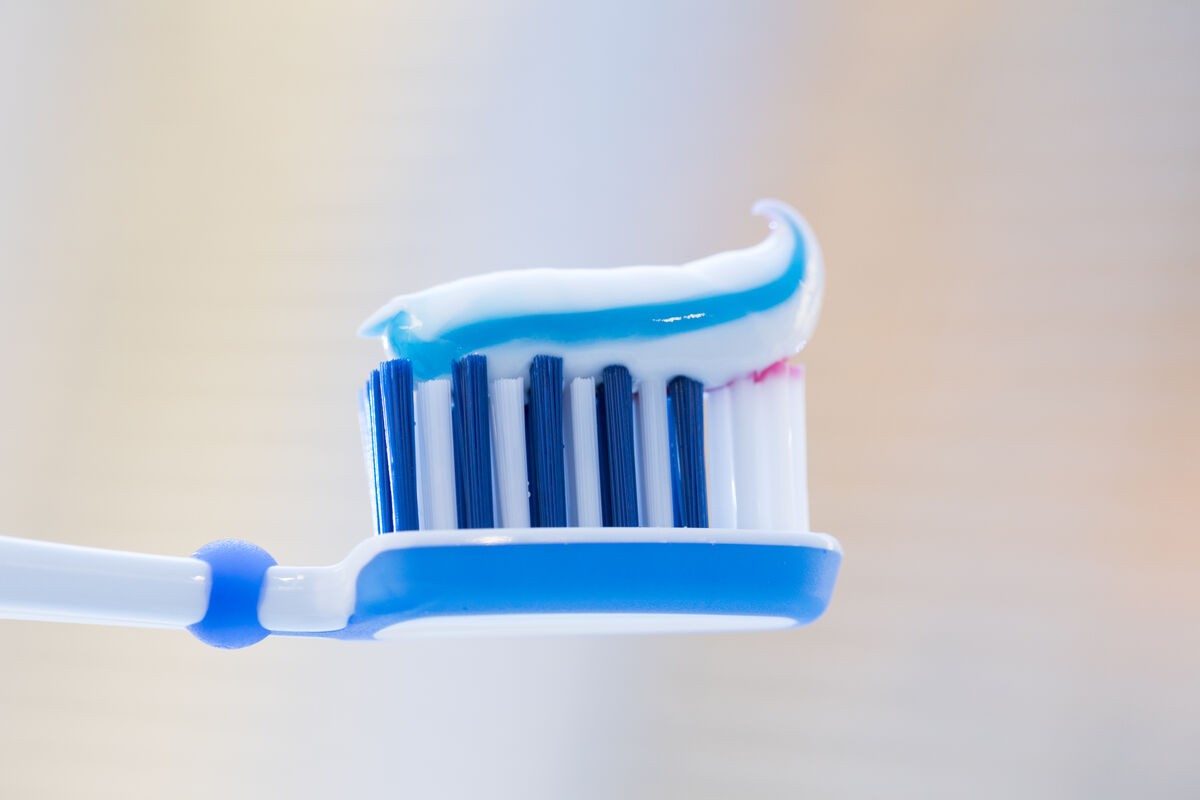Contents

How to Choose the Best Toothpaste: The Complete Guide
Are you concerned about your oral hygiene and want to find the best toothpaste to care for your teeth? With the multitude of brands and types of toothpaste available on the market, it's not always easy to figure it out. Don't worry, we'll give you all the tips to choose the toothpaste best suited to your needs.
What Criteria to Consider When Choosing Your Toothpaste?
First and foremost, the best thing to do is to ask your dentist for advice. As a health professional, they can guide you towards the most suitable brands and products based on your situation:
- If you're prone to cavities, opt for an anti-cavity toothpaste rich in fluoride (look for the ADA Seal of Acceptance).
- If your gums are sensitive and often bleed, your dentist will recommend a special toothpaste for gums, which is less aggressive and contains anti-inflammatory and astringent active ingredients.
- Some toothpastes target specific problems like sensitive teeth, breath, stains... Ask your dentist's opinion to determine what you need.
Price is also a selection criterion, as some toothpastes are much more expensive than others. You can find good deals online, including for major brands like Colgate or Crest.
What Toothpastes to Choose for Children?
For babies, it is not recommended to use toothpaste before the age of 2. After that, you must choose a product appropriate for their age:
- From first tooth to age 3: The American Dental Association (ADA) recommends using a smear of fluoride toothpaste the size of a grain of rice. Ensure the child spits it out after brushing.
- Ages 3 to 6: Use a pea-sized amount of fluoride toothpaste. Supervise brushing to make sure they spit out the toothpaste.
Many children's toothpastes come in fun flavors and feature their favorite characters to make brushing more enjoyable.
Are Whitening Toothpastes Effective?
Despite their promises, "whitening" toothpastes have limited effectiveness. While they can reduce some surface stains, they do not provide dazzling whiteness in the long term. Some dentists even have reservations about these products because they could damage the enamel with frequent use. For very yellow teeth, a professional whitening at the dental office will yield more significant results.
Should You Choose a Toothpaste With or Without Fluoride?
Fluoride is recognized for its preventive action against cavities and its role in strengthening enamel. The ADA Seal of Acceptance is only awarded to toothpastes that contain fluoride.
However, some people prefer to use fluoride-free toothpaste due to concerns about fluorosis (stains on teeth from excessive fluoride intake, mainly in children) or personal preference for natural products. If you opt for this solution, first analyze your daily fluoride intake and discuss it with your dentist.
Are Toothpastes Sold at the Pharmacy Better?
Most toothpastes available in supermarkets are considered cosmetic products. In contrast, some toothpastes sold exclusively at the pharmacy are classified as over-the-counter drugs and must demonstrate their effectiveness in clinical studies. They may also contain higher concentrations of active ingredients. However, many "cosmetic" toothpastes are also sold in pharmacies... Always ask your pharmacist for advice to be sure you're choosing a product suitable for your specific needs.
What About Organic Toothpastes?
Unlike most conventional toothpastes, those labeled "organic" avoid potentially harmful and irritating chemical and synthetic components like parabens, triclosan, and petrochemical derivatives. To obtain an organic label, at least 95% of the ingredients must be of natural origin. Their weak point is often the absence of fluoride for remineralizing enamel and fighting cavities.
Solid Toothpaste, a Gesture for the Planet?
Solid toothpaste is an ecological alternative that comes in the form of sticks, tablets, or powders to be mixed with water on the toothbrush. It has the advantage of reducing packaging waste and generally contains fewer problematic ingredients than conventional toothpastes.
What if We Made Our Own Homemade Toothpaste?
To know exactly what your toothpaste contains, the best way is to make it yourself! Many recipes exist, but be careful not to overuse certain ingredients like baking soda or activated charcoal, which are very abrasive.
What Exactly is the Purpose of Toothpaste?
Toothpaste is not just cosmetic; it acts on several levels:
- It cleans the mouth and fights bacteria responsible for plaque and oral problems thanks to antibacterial agents.
- It protects the enamel against wear and demineralization with ingredients like fluoride.
- It prevents the onset of cavities if its fluoride content is sufficient.
Choosing the right toothpaste is therefore essential for a healthy mouth, in addition to regular brushing, annual visits to the dentist, and using a suitable and regularly changed toothbrush.
FAQ
What toothpastes should be avoided?
It is advisable to avoid toothpastes containing potentially toxic ingredients like sodium lauryl sulfate (if you are prone to canker sores), and be cautious with highly abrasive whitening toothpastes.
Should you rinse your mouth after brushing?
No, it is recommended to simply spit out the excess toothpaste without rinsing to allow the fluoride to work on the enamel longer.
What toothpaste to choose for gum disease?
In cases of gingivitis or periodontitis, your dentist may prescribe a medicated toothpaste containing antibacterial agents like stannous fluoride or chlorhexidine.
